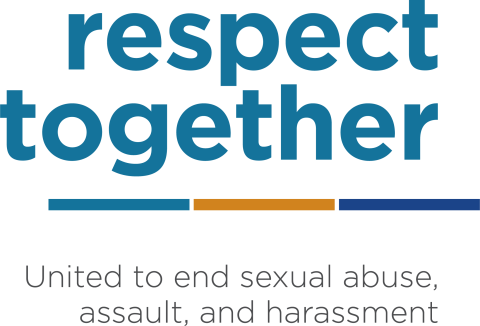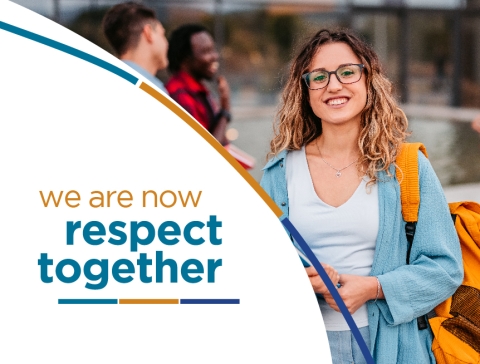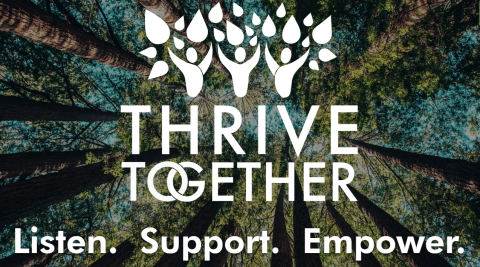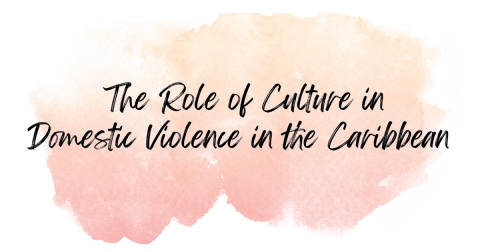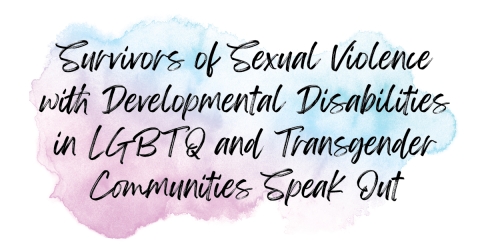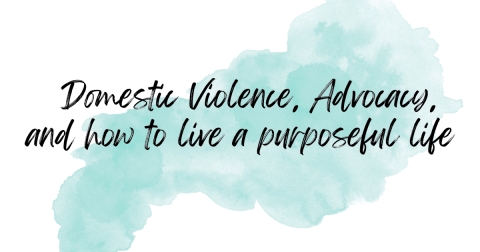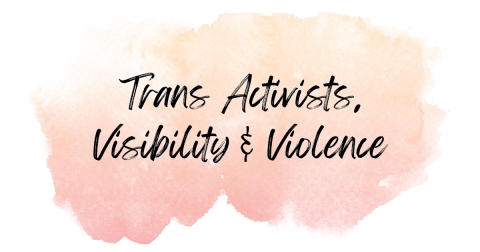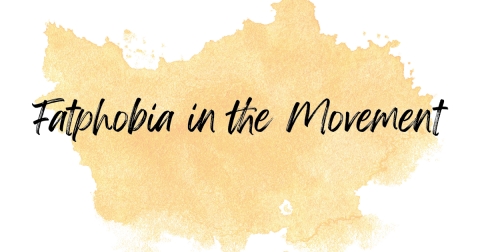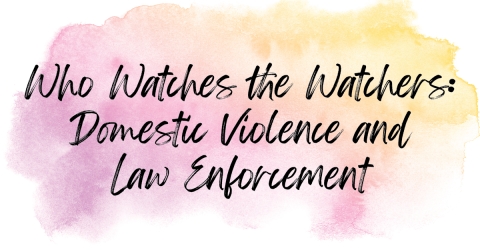- Ago 15, 2023
- Laura Palumbo
Today Respect Together, a new brand uniting nationwide efforts to end sexual abuse, assault, and harassment, was announced. Respect Together unites under one name the continuing operation of its two major divisions – the re-named Pennsylvania Coalition to Advance Respect (PCAR), focusing on advocacy in Pennsylvania, and the National Sexual Violence Resource Center (NSVRC), which provides resources and prevention strategies at the national level.
- Jul 19, 2023
- Dr. Erin Pritchard
Last October, Aubrey Taylor and his friend were at a New York deli grabbing something to eat, when a woman came over and began to grope him.
- Jul 10, 2023
- Laura Palumbo
Respect Together, our new name, was identified and embraced following an extensive rebranding process that engaged the voices and insights of many of our state and national partners. The name, paired with our new tagline “United to end sexual abuse, assault, and harassment”, reflects our commitment to work together with a wide array of partners and allies – in Pennsylvania and across the United States – to disrupt the driving forces behind sexual violence to create and uphold safe, equitable communities with a culture of respect for all people.
- Mayo 17, 2023
- Elise Parker of Thrive Together
The Deaf community exists subtly. They don’t look or act differently, but they do communicate with a completely different language than most hearing Americans are used to. American Sign Language (ASL) was developed in the 1800’s and has made many strides in allowing the Deaf to communicate. It is recognized as a complete language used by hundreds of thousands of people in the United States. This language has opened so many doors for the Deaf, but too many remain closed because of the lack of accessibility in the hearing world.
- Abr 26, 2023
- Laurie Samuel
Intro: No matter one’s country, ethnicity, race, class, gender identity, ability, health, socio-economic status, religion, or education level, domestic violence affects everyone. Yet, as we explore the issue of activists living in the midst of the very injustices they work against, it’s important to remember the cultural components that surround the work. Domestic violence doesn’t just happen to individuals…it occurs across and within communities.
- Abr 26, 2023
- NSVRC
How can bias and discrimination impact survivors with developmental disabilities (DD) within the LGBTQIA+ community?
Survivors with DD within the LGBTQIA+ community often experience bias and discrimination which impacts their access to services. Too often, people do not understand or personally know individuals with disabilities or who are LGBTQIA+.
Below are some of the ways bias and discrimination plays a role in this issue or impacts survivors of sexual violence:
- Abr 25, 2023
- Dr. Purposed Carn
In 2004, Marsheida Dorsey-Carn was murdered by her 18-year-old boyfriend. After serving almost 12 years in prison, that same man murdered a second victim, LaPorscha Baldwin, in a fatal act of domestic violence.
- Abr 25, 2023
- T.J. Jourian
“I would have rather been punished for asserting myself than become another victim of hatred” - CeCe McDonald
- Abr 21, 2023
- Amy Turner
I’m writing this at the time when the “New Year, New Me” wind is starting to circulate. The shame of “holiday eating”, the sugar demon, and jokes about elastic waists begin to build their momentum for the year. There will be sign up for bootcamps, restrictive diets, detoxes, and teas that make you sprint to the bathroom. And by the time you read this, you’ll be hearing whispers about a “beach body” or getting “bikini ready”, like it is somehow necessary to prepare to face our biggest nemesis, a body of water.
- Abr 21, 2023
- Leigh Goodmark
The average messaging of most anti-violence organizations include some variation on the following: “If you are in immediate danger, call 911.” Embedded in directing a victim of violence to call 911 is a key assumption—that law enforcement will make that person safer. But the headlines regularly feature stories of law enforcement officers accused of abuse: of thei
Paginación
- Página anterior
- Página 6
- Siguiente página

